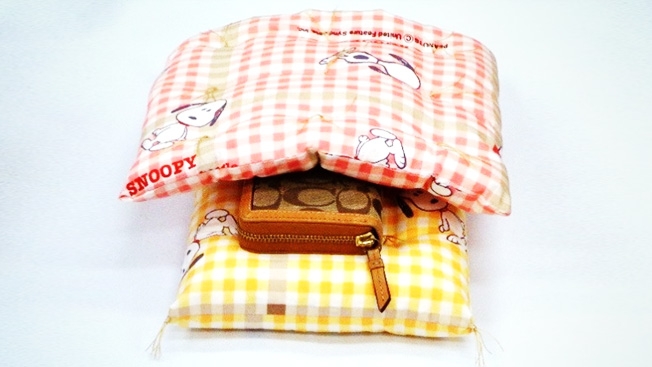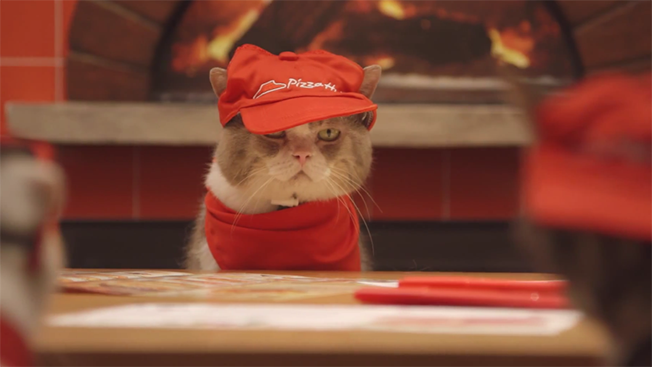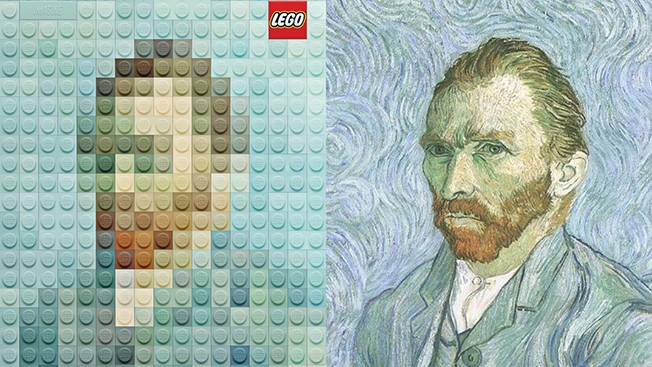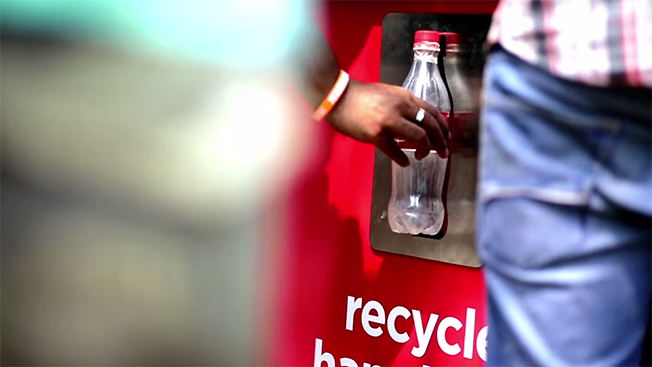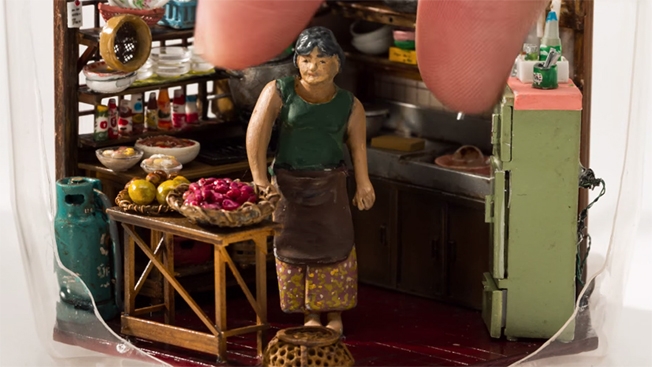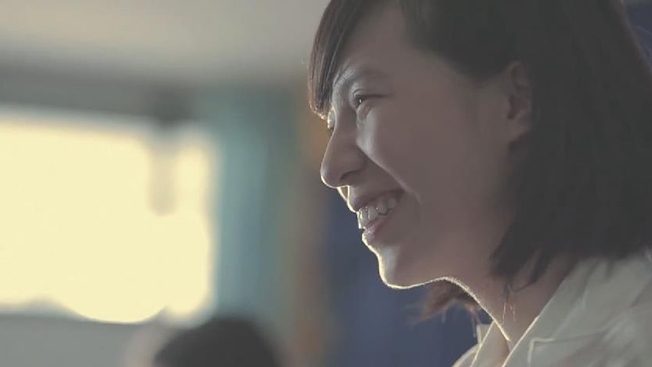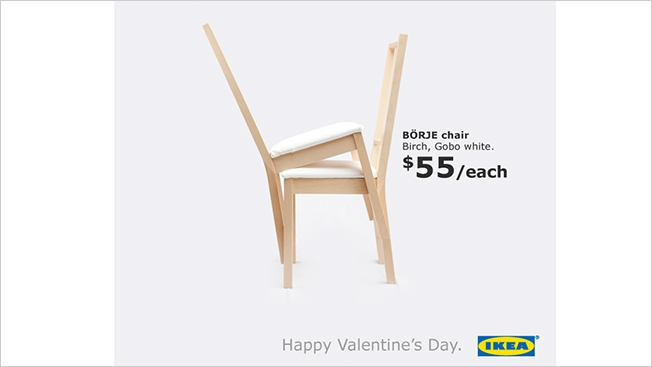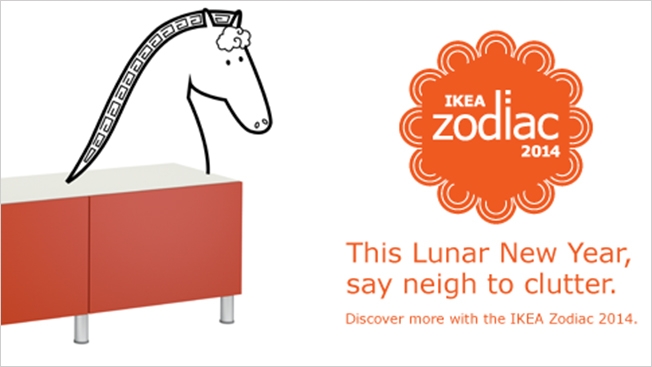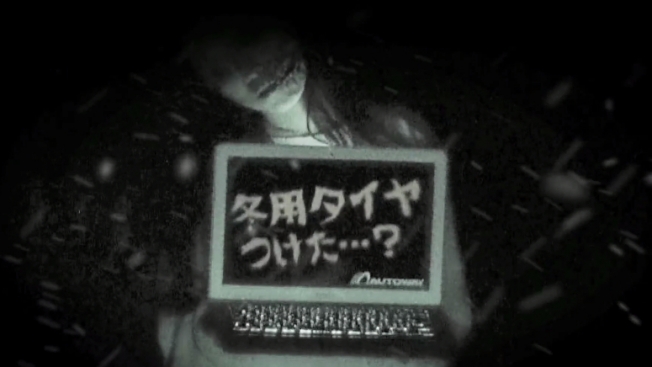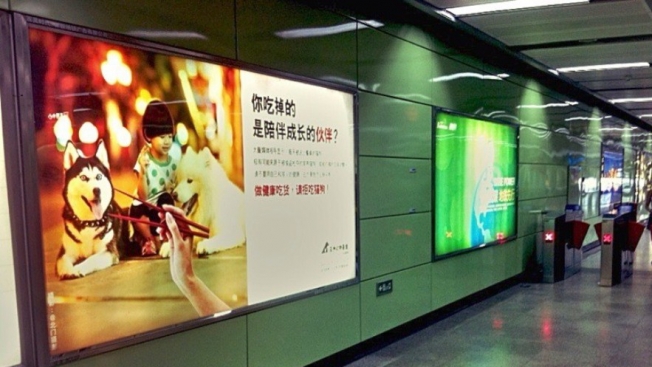
When JWT Singapore was tapped by the Association of Women for Action and Research (AWARE) to create an educational campaign about date rape, the agency decided to go in a different direction.
The result was Guardian Angel, a personal safety accessory line that looks like jewelry but is also designed to get women out of dangerous situations.
The $120 device, which can be worn as a necklace or bracelet, has a button that, hen pushed, automatically triggers a call to the wearer’s cell phone. That method is billed as a way for a woman receiving unwanted attention to create a convenient excuse to leave. If things become more serious (read: dangerous) the wearer can push the button and hold it down, sending a text alert to a designated contact, who will receive the wearer’s GPS coordinates and an automatically generated request for help.
While the idea is interesting and seems to be made with good intentions, there’s something problematic here: If you take a look at Guardian Angel’s website, you’ll notice it’s filled with cloudy backgrounds and waifish young women in white tops and little makeup. The image we’re presented with is one of innocence. While the visuals are probably supposed to look heavenly and angelic in the vein of the product name, the end result is that the Guardian Angel is a device to protect innocence.
Why is that a bad thing? Because sexual assault isn’t something that just happens to cute, unassuming young women. And sexual assault doesn’t have a gender or sexuality associated with it. (Yes, many sexual assaults do involve young men attacking young women, especially those that are widely reported and picked up by media outlets, but assaults don’t happen to a specific type of person.) Sexual assault is pervasive and upsetting and a huge issue in our culture, so let’s try to keep that in check while creating the visual idea of an assault victim.
On The Verge, Adi Robertson describes a deeper problem with the idea of everyday assault-prevention tools:
“That’s what’s wrong with the Guardian Angel’s gauzy, stereotypical femininity: it ends up normalizing rape as an unremarkable, if unfortunate, part of the female experience. The soothing language—making women ‘feel less vulnerable’ so they can ‘live their lives to the fullest’—smacks of the vagaries in tampon commercials. It’s something everyone knows about but nobody wants to hear about, and certainly nothing that we want to acknowledge is a shamefully common plague in our schools, our prisons, our armed forces, and almost every other social institution.”
Maybe if the Guardian Angel’s creators had more directly acknowledged how awful it is that we need a piece of technology like this to begin with, then maybe the mission could resonate more.
Via Fast Company.





![]()







